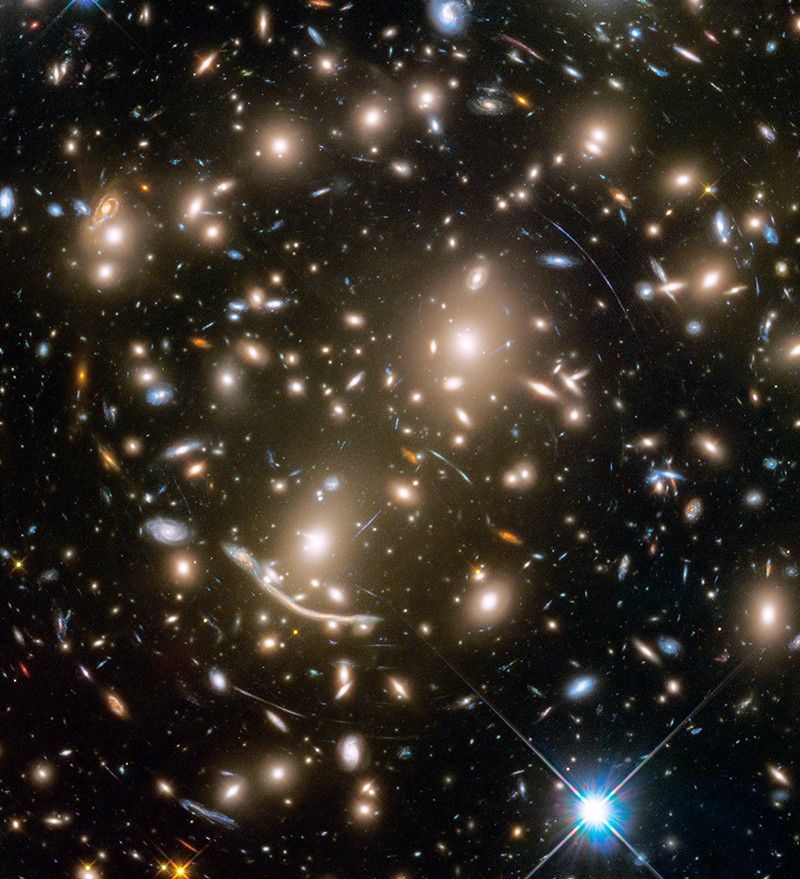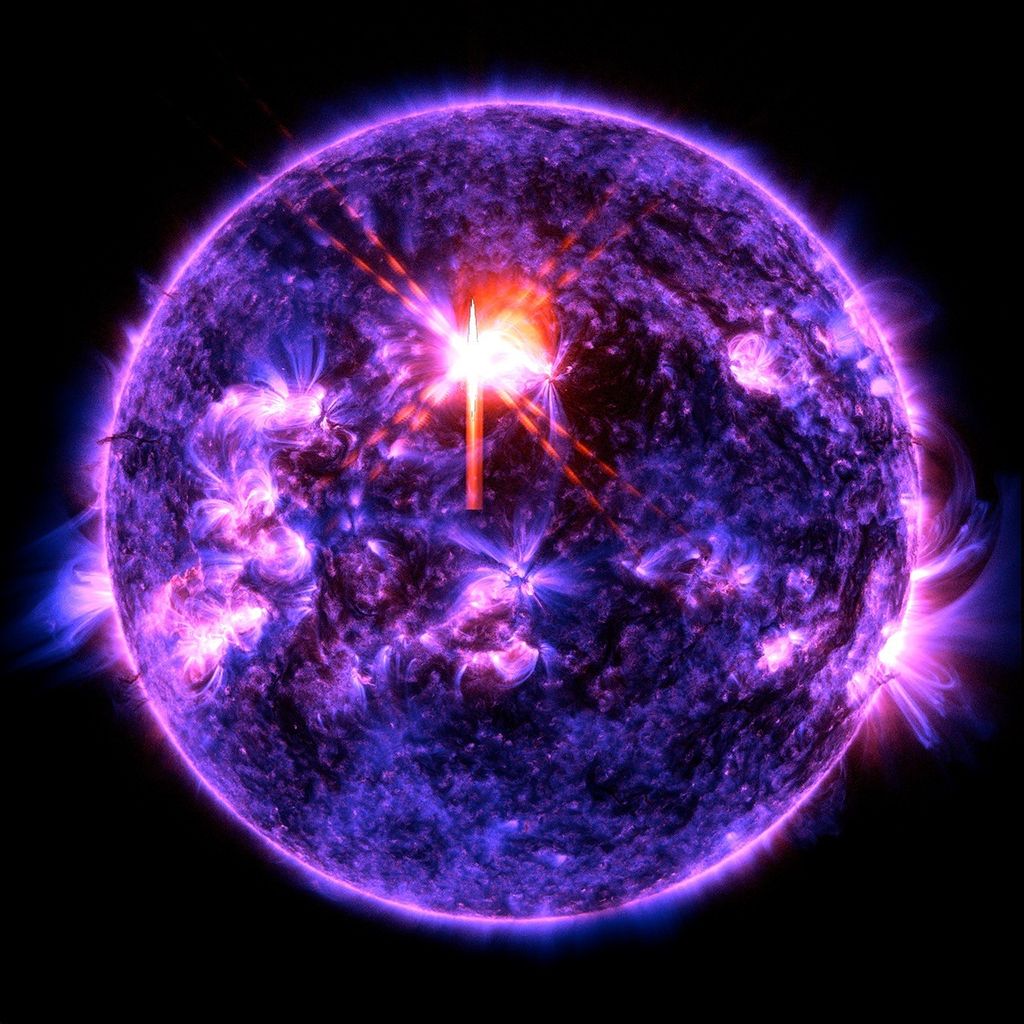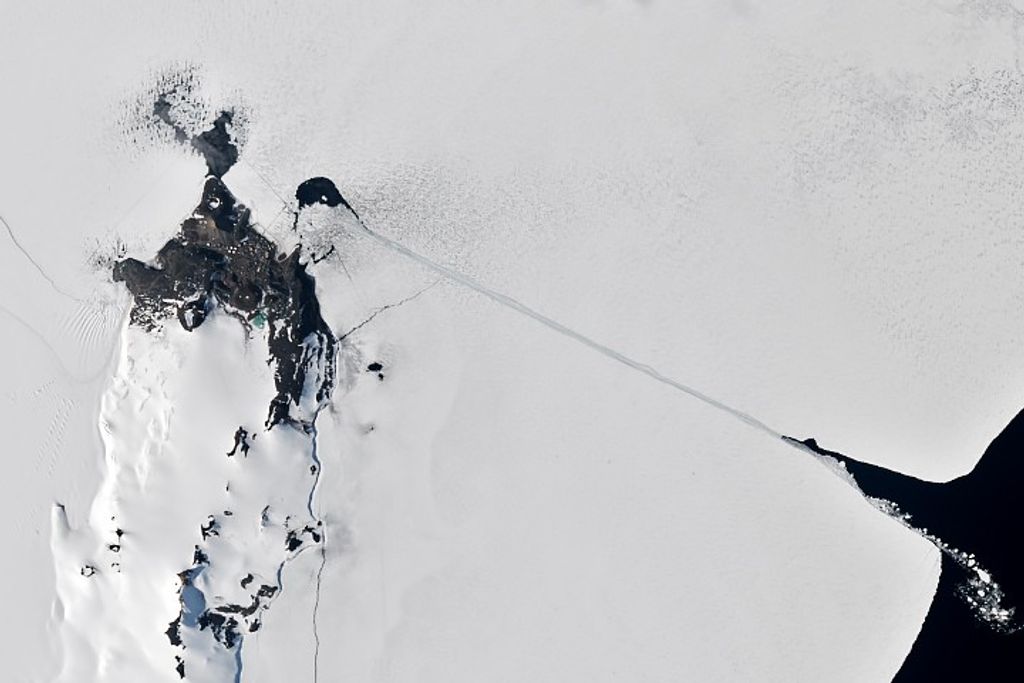
Michele T. Mazzucato
NASA Citizen Scientist
Contents
- Education
- What motivated you to volunteer as a NASA citizen scientist? How did you learn about NASA citizen science?
- What do you do when you’re not doing science with NASA? Tell us about your job and your hobbies.
- What have you learned about the process of science from your time on NASA citizen science projects?
- Which peer-reviewed research publications have you contributed to through your citizen science work? What was your role in the research and writing process?
- What are your favorite NASA citizen science projects to work on, and why?
- What advice would you give to others who might want to volunteer with NASA citizen science?
- Where are they from?
Education
Technical High School B. Buontalenti, Livorno, Tuscany, Italy
What motivated you to volunteer as a NASA citizen scientist? How did you learn about NASA citizen science?
I’ve always been interested in science – particularly in the astronomical and surveying sciences. Modern communications technology has fostered this interest and facilitated my participation in NASA projects.
What do you do when you’re not doing science with NASA? Tell us about your job and your hobbies.
I’m married and have a daughter. Outside of family commitments, I spend a lot of my spare time on my hobbies, which are astronomy and geodesy, which is the study of Earth’s shape, orientation in space, and magnetic field, each of which are essential to accurately mapping our planet. I also collect coins, banknotes, and stamps with science themes or images. Finally, I like to watch science fiction films and I am a “Star Trek” fan.
“Even if in some moments you are frustrated by not finding what you are seeking, persevere! An unexpected or new and important discovery may be just around the corner.”- Michele Mazzucato
What have you learned about the process of science from your time on NASA citizen science projects?
I have learned teamwork, and improved and consolidated my basic scientific knowledge.
Which peer-reviewed research publications have you contributed to through your citizen science work? What was your role in the research and writing process?
My involvement with NASA citizen science projects began in 2006 with Stardust@home. Since then, I have contributed to the discovery of interstellar particles, exoplanets, supernovae, comets, main belt asteroids, Kuiper Belt Objects, and much more.
I have contributed to many scientific publications including:
“2011 HM102: Discovery of a High-Inclination L5 Neptune Trojan in the Search for a Post-Pluto New Horizons Target,” published in 2013 in The Astronomical Journal.
“Stardust Interstellar Preliminary Examination I: Identification of Tracks in Aerogel,” published in 2014 in Meteoritics & Planetary Science. (I was a co-author on this publication.)
My main role has been the observation, classification, and analysis of many thousands of images, light curves, and spectrograms.
What are your favorite NASA citizen science projects to work on, and why?
I am interested in Planet Hunters TESS and Supernova Hunters. Planet Hunters TESS is exciting because it gives me the opportunity to explore strange new worlds and to seek out new life, “where no man has gone before,” as Captain James T. Kirk of “Star Trek” fame would say.
Supernova Hunters is exciting because of all we can learn from supernovas about our universe. But I am also interested in projects concerning the minor bodies of the solar system such as Active Asteroids and the Sungrazer Project as these objects can tell us something about the origin and evolution of our solar system.
What advice would you give to others who might want to volunteer with NASA citizen science?
Follow your passion. Even if in some moments you are frustrated by not finding what you are seeking, persevere! An unexpected or new and important discovery may be just around the corner. The moments of discovery are well worth all the effort. Citizen science projects are a great opportunity to make a small and modest contribution to the development of our knowledge of the Universe.

Visit the complete collection of NASA citizen science projects and start contributing today!
Where are they from?
Planetary science is a global profession.


























